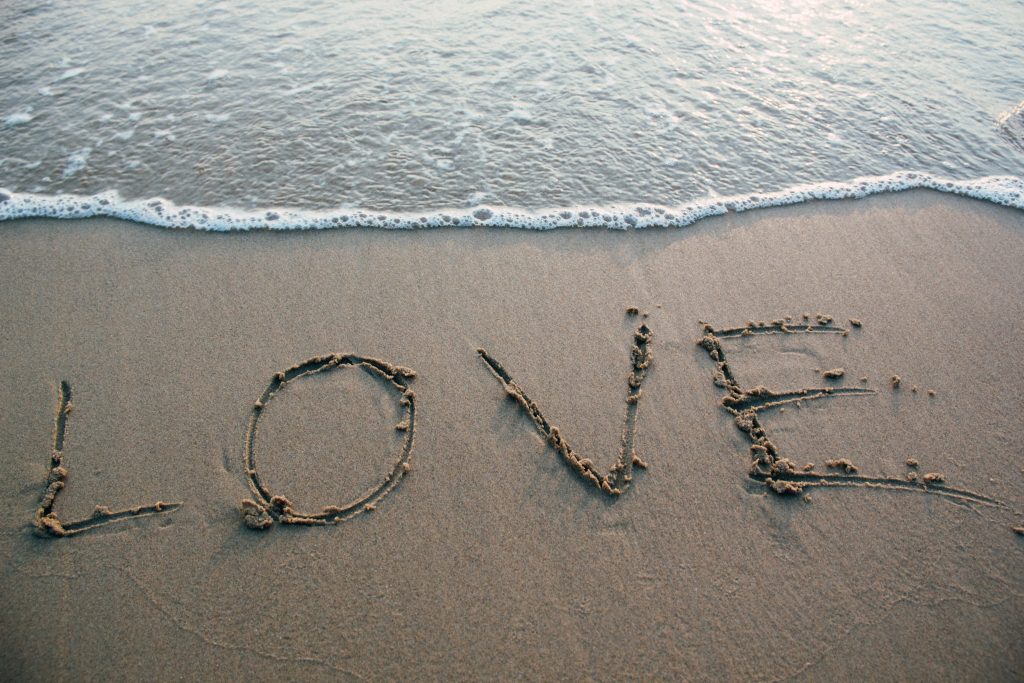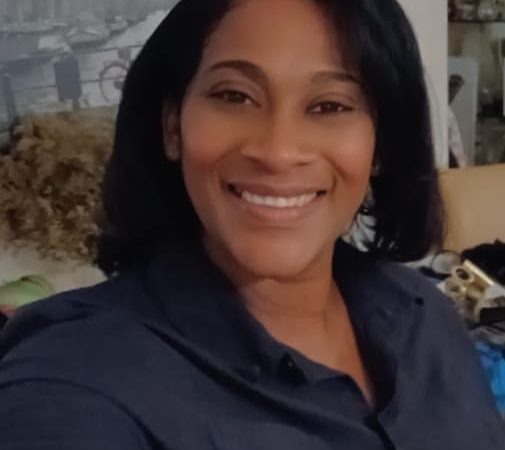
By Pedi Obani Iyayi
Last week started on a high note for me; I was attending an international conference on gender where I looked forward to stirring the hornet’s nest and testing the gender sensibilities of the delegates particularly on the issue of same sex marriage prohibition in Nigeria! I achieved my goal but that is not what this piece is about.
In the course of the presentations, a senior academic identified ‘female resistance’ as one of the main hindrances to women empowerment and what took me by surprise was that I seemed to be the only woman there who had a problem with the assertion that women were basically their own worst enemies. If there were others like me, they did a good job of appearing indifferent at best!

Last week was not the first time I would hear that women hate women. I have heard men label women as gossips, and I have seen how they enjoy watching cat-fights over issues that men would presumably not even notice, or at worst would settle with a pat on the back, or over a few bottles of beer. It’s not okay that women are perceived like that but I can live with it when the male folk complain that women are complicated, and weak, and hate their fellow women. I know better, and they are men after all, what do they know about the mind and motives of a woman, right?
What broke my heart, however, was to hear a female conferee assert that women hate women and that the phenomenon is recognised in the literature as misogyny. Misogyny is hatred of women and, just like misandry (hatred of men), can be exhibited by either women or men. It broke my heart that a woman would (mis)define misogyny to fit a narrative that I honestly believe to be untrue.
Hatred or love should not be blamed on the sex of the victim; rather it’s a reflection of the perpetrator and should be recognised as such. I have seen that a lot of the times when women are subjected to degrading customs, it is usually some other women who stand as enforcers. But rather than blame the female enforcers, I choose to question the process of socialization, especially the role of the formal and informal education systems that have messed up the enforcer so much so that she has lost her sense of humaneness towards her fellow woman.
No doubt, there would be aberrations where the female enforcer knows that she is meeting out harm on another woman but still persists. All the same I choose to see that as an aberration and still look beyond her actions to the underlying. Assuming, but not conceding that women really hate women, is it all women that hate all women?
Could it not even be that the female enforcer (most likely in patriarchal settings) fears the disapproval of the society if she fails to punish the other woman. Do we not owe ourselves and everyone a duty to understand how the female folk have evolved to become the biggest resistance to female empowerment?
I can assure you these three things; I am a woman; I love my fellow women just as much as I love my fellow men; I have seen more women committed to female empowerment than resistant. If you persist in sharing the narrative that women are their own worst enemies, then you are a major stumbling block to gender empowerment, particularly for women and girls! I beg you to be part of the solution instead. How? Even if you see a woman who appears to hate another woman, I beg you to consider the underlying reasons for her actions and see how best to help her find love!
Bio:
Pedi Obani Iyayi (pedi.obani@gmail.com). Pedi currently works as a lecturer in the Faculty of Law, University of Benin, Nigeria. Her research interests include human rights, inclusive development, and sustainability. She also loves to travel, learn, and have a good laugh!










